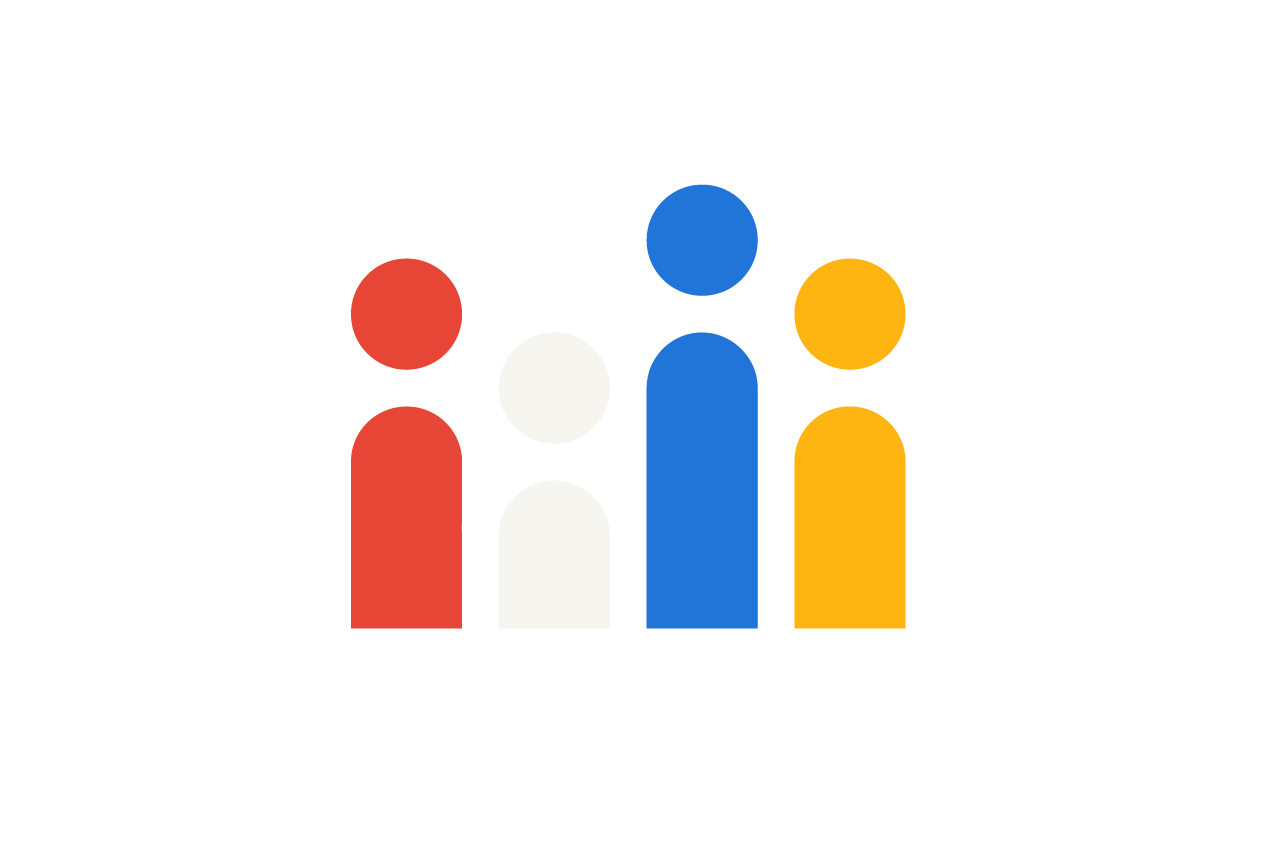recruitment’s future lies in the clever marrying of technology and emotional intelligence only humans can bring.
Little in life is black or white. Almost every scenario has layers of grey nuances that require emotional intelligence and empathy to understand fully.
When you’re looking for a new job, it’s a hugely emotional process – only topped by buying a house or bringing a child into the world.
You may encounter frustration that countless job applications have been met with a ‘thanks but no thanks or, even worse, silence.
Get over those initial hurdles, and there’s a challenging interview or two to get through, even though before the second interview, you’ve undoubtedly seen yourself working in that company.
the process stirs all emotions:
- excitement
- joy
- anxiety
- worry
- frustration
- elation, and devastation.
It’s a tough time, and it’s no surprise that people want a human companion to guide them on their journey to a new job.
Of course, technology can help ease parts of the recruitment process. It can speed up and automate paperwork, red tape and data collection.
Technology can also help provide more human interaction, video interviews, virtual reality tours of a potential new office and profiling that helps consultants build a better picture of likes, wants and needs. The technology we invest in ensures that every job seeker receives a bespoke experience.
But our research shows that 57 per cent of people feel that HR has become too automated, and I agree. It has. Because technology can’t yet interpret those slight nuances which make the perfect match between a job seeker and a new company they’re seeking to join.
Technology can’t delve in. It can’t fully understand the complexities and vagaries of conversation, choose the right questions to ask, and sense whether you and the company are the right cultural fit.
Of course, candidates come in all shapes, sizes and emotional states. A good recruiter is in tune with them all.
Take buying a house. It sounds simple – look online, see it, put an offer in and buy it.
But in reality, you’ll discuss it with your partner. They may disagree about the area. They may want an extra bedroom or more space in the backyard. You get the survey done, and it identifies some structural issues.
Your kids may not want to move because they love their school. More research shows that a nearby area is likely a better investment. You look again at your property and wonder whether you should stay there and what you could do to increase its value.
From the outside, what looks like a straightforward decision process becomes very complicated because multiple parties are involved, and there are numerous things to consider.
Your career is the same.
A job may look great from the advert, but what about the company's culture? What about training and growth opportunities?
What about the time away from home? Or the commute?
What about your skills – could they be used in a different field?
What training or education would you benefit from? What do you want to do, deep down?
a good recruiter will take the time to pick up on all of those little things.
They’ll use that information to help identify roles, companies and cultures where you will thrive and flourish. In which you’ll develop and have the best chance of success.
Good recruiters marry their human approach with technology to complement what they do – to speed up the time-consuming parts of the process that don’t rely on the human brain. They use technology for fact-finding, data input, and acknowledging receipt of a job application.
And great recruiters do the job because they want to help. Because they’re emotionally intelligent, and they get satisfaction from your long-term success, not by the volume of people they’ve placed that week.
Your career, your ambitions, hopes and dreams are personal to you.
At Randstad, we’re here to guide you to your next career step by bringing the best of our humanity and technology to help you realise your potential.
Frank Ribuot, CEO, Randstad Australia, New Zealand and India




